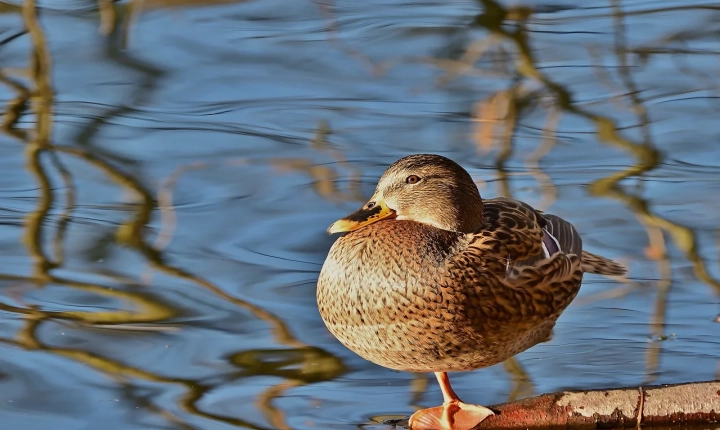Are AI Photos Copyrighted?
Artificial Intelligence (AI) has made tremendous strides in various fields, including photography. AI has the capability to generate incredibly realistic and high-quality images that are virtually indistinguishable from those captured by human photographers. But the question arises – are AI-generated photos subject to copyright?
Copyright law protects original works of authorship, including photographs. However, the issue becomes complicated when AI generates the images because it blurs the traditional understanding of authorship. Typically, copyright protection is granted to the creator of the work, but when the creator is an AI system, determining the rightful owner becomes challenging.
In the United States, copyright law stipulates that works created by a non-human entity, like AI, cannot be copyrighted. This may imply that AI-generated photos are not subject to copyright protection. However, if a human is involved in the creation process, such as providing input or modifying the AI-generated photo, they may be considered the creator and entitled to copyright protection.
The situation is further complicated in jurisdictions outside the US, where copyright laws may differ. Some countries may grant copyright protection to works created by non-human entities, which would include AI-generated photos. In such cases, the AI system or its developer may hold the copyright.
Another aspect to consider is the use of datasets for training AI models. If an AI system is trained on a dataset of copyrighted images, the resulting output could potentially infringe upon the original creators’ copyrights. Therefore, the use of such AI-generated photos may require obtaining permission from the original creators of the training dataset.
Additionally, if a human uses AI to create or enhance a photograph, they must ensure that any copyrighted material incorporated into the image, such as recognizable artworks or trademarks, is used in accordance with the law.
The ambiguity around the copyright of AI-generated photos raises many legal and ethical questions. Who should be considered the creator of these images, and who holds the rights to them? What are the implications for the original creators of the training data used by AI systems? These are important issues that will likely need to be addressed as AI technology continues to evolve.
As AI technology advances and its role in content creation grows, lawmakers and legal experts must work to establish clear guidelines and regulations regarding the copyright of AI-generated works. Clarity on these matters is crucial to ensure fair compensation for creators and encourage continued innovation in the field of AI-generated content.
In conclusion, the copyright status of AI-generated photos is a complex and evolving area of law. While the current legal framework may not fully address the unique nature of AI-generated works, it is essential for policymakers to consider these issues and adapt copyright laws to reflect the changing landscape of technology and creativity.
